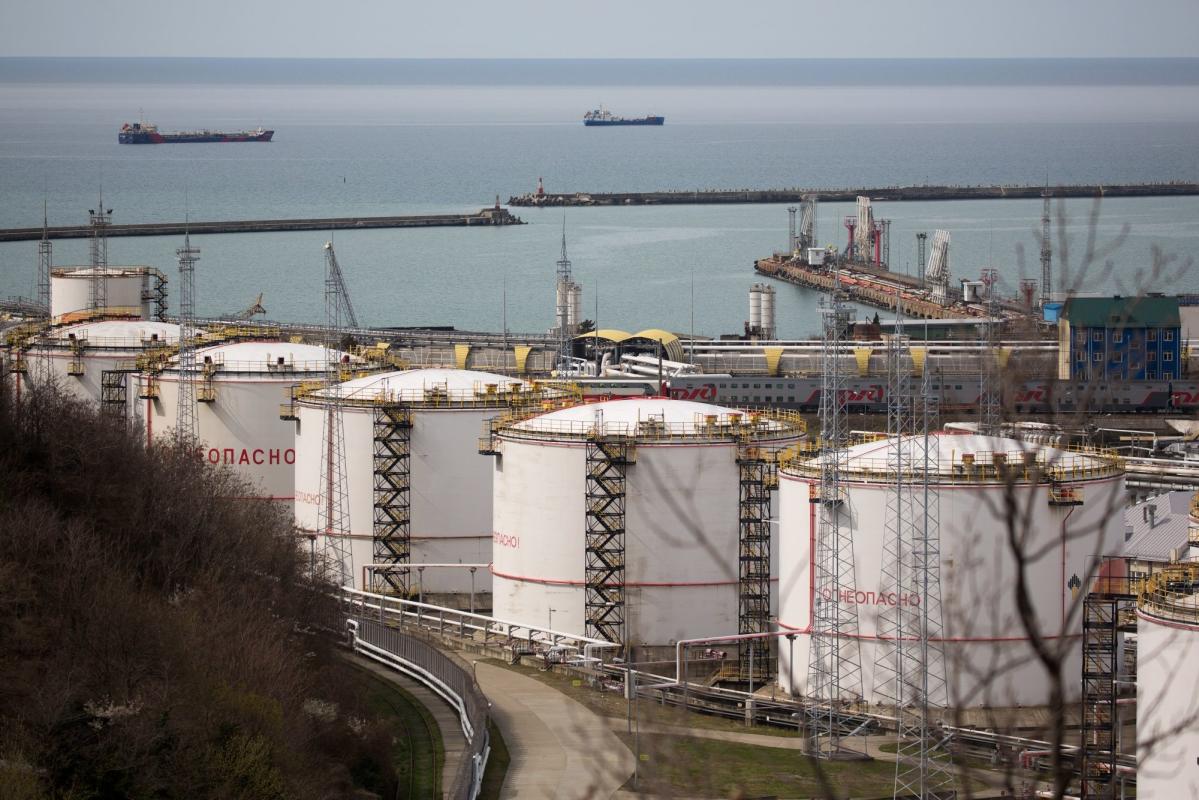(Bloomberg) — Oil pared losses after Saudi Oil Minister Prince Abdulaziz bin Salman said the disconnect between the futures market and supply fundamentals may force OPEC and its allies to act.
Most Read from Bloomberg
West Texas Intermediate futures bounced to about $90 a barrel after earlier trading below $87 on Monday. The Saudi oil chief warned that “extreme” volatility and lack of liquidity in the futures market are moving prices in ways that don’t conform to fundamental supply-and-demand factors. The divergence may prompt the OPEC+ alliance to act, Bloomberg News reported.
So far this month, prices have swung wildly within a range of about $13.
Physical supply tightness may worsen with Kazakhstan’s Caspian Pipeline Consortium facing more interruptions after damage at two key moorings.
Prices fell earlier in the session after US President Joe Biden spoke with leaders from France, Germany and the UK about reviving a nuclear deal with Iran, a step that probably would allow more crude shipments by the OPEC nation.
Additionally, China was said to be planning a series of special loans to ramp up support for its beleaguered property market, the latest sign of the world’s largest crude importer moving to shore up its economy. The apparent need for such stimulus has exacerbated fears of a global slowdown.
Rising flows of long-haul cargoes into Asia from regions such as the US, which take twice as long as Middle Eastern barrels to reach buyers, have forced spot premiums of Persian Gulf barrels to dip in this month’s trading cycle. Meanwhile options markets have been pricing growing premiums for bearish put contracts that would profit a buyer if prices fall.
Elements, Bloomberg’s daily energy and commodities newsletter, is now available. Sign up here.
Most Read from Bloomberg Businessweek
©2022 Bloomberg L.P.





















Discussion about this post